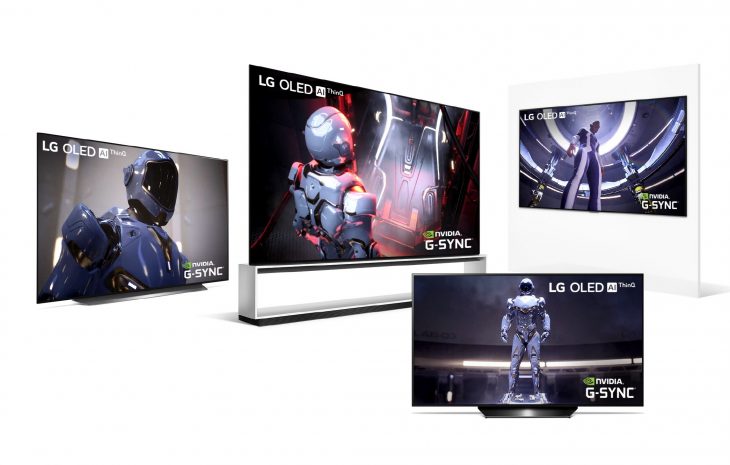
By John Bugailiskis
LAS VEGAS – LG Electronics is going all in on artificial intelligence at CES 2020 as the company announced it will push the boundaries of what is possible by transforming “the daily experience by connecting all aspects of people’s lives with intelligent touchpoints.”
President and chief technology officer Dr. I.P. Park Monday unveiled the framework for the future of artificial intelligence (AI) development called “Levels of AI Experience: the Future of AI and the Human Experience.” The framework aligns with the existing LG ThinQ brand of AI enabled products
Park was joined on stage by Jean-François Gagné, co-founder and CEO of Montreal-based Element AI. In 2017, Element AI raised US$102 million from U.S. investors in a series A round led by the San Francisco venture fund Data Collective and Microsoft Ventures. On stage at CES they outlined how they are working to make the four levels of AI experience (AIX) – Efficiency, Personalization, Reasoning and Exploration a reality. Today, most AI interactions between people and products are still at the first level, Efficiency.
The two companies have signed a memorandum of understanding where they will team up on multiple AI-related research and development programs aimed at supporting the development of upcoming products and solutions for LG.
“The development of this strategic partnership is an important indicator that industry leaders like LGE are becoming increasingly aware of the challenges with operationalizing AI particularly at the point of interface with human users,” said Gagne. “As pioneers in the field of AI it is our responsibility to consider the importance of the human experience whilst pushing the boundaries of AI research and development.”
Efficiency, the first level, is where specific device and system functions can be automated through simple commands. At this level, the AI automatically adjusts performance in relation to pre-established sensory input parameters, where it attempts to make these interactions as efficient as possible. Park used LG’s ThinQ air conditioner as an example of first-level AI. It utilizes a smart sensor to detect the presence of people in a room and adjusts the temperature and airflow accordingly.
The next big jump in AI advancement will be personalization, which focuses on pattern learning to optimize and personalize device functions. Gagné explained AI-powered devices and services at this level can accumulate data from interactions with the environment and users, recognize patterns and use them to improve their ability to effectively perform tasks and simplify user interactions. Park said personalization could be used on a robot vacuum cleaner so the unit can learn from mistakes (such as getting stuck in gaps and corners) by remembering spatial patterns.
Reasoning, the third level, envisions an AI that employs causality learning leveraging the collective intelligence of a system made up of different devices and services. By perceiving the cause of certain patterns and behaviors, AI at this level can better predict and promote positive outcomes for users explained Park. “Here, we can leverage the diversity of our product portfolio because we’ll need many intelligent touchpoints that interact with the user and gather information to understand the ‘why’ and establish causality.”
Level 4 AI, exploration, is likely decades away and will use something called “experimental learning” said Park. AI-enabled level 4 systems will be able to develop new capabilities through “forming and testing hypotheses to uncover new inferences, enabling them to learn and improve, adding more value to users’ lives.”
“It is our responsibility to drive the development of the field of AI towards a future in which the technology is being harnessed in a manner that is beneficial for both individuals and society as a whole,” said Yoshua Bengio, the Turing award winner, founder and scientific director of Mila, the research institute partnership between the Université de Montréal and McGill University with Polytechnique Montréal and HEC Montréal.
Park also previewed compelling AI innovations that will be featured in LG’s exhibition space at CES 2020. He also unveiled the company’s new tagline “Anywhere is home” and how the company’s AI products and services align with different aspects of everyday life.
In the Connected Car Zone, LG is demonstrating a more “personalized in-car experience” that allows drivers and passengers to “take a piece of home on the road with them.” LG’s connected car solution is based on its webOS Auto platform and was developed in partnership with auto seat manufacturer, Adient. Inside the vehicle there are OLED displays on which users can continue enjoying the TV programs and movies they started watching at home. Inside the vehicle the voice-activated virtual personal assistant isolates and recognizes voice commands even over loud music and conversations.
John Bugailiskis is in Las Vegas this week covering the Consumer Electronics Show for Cartt.ca.


